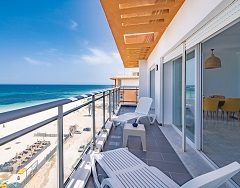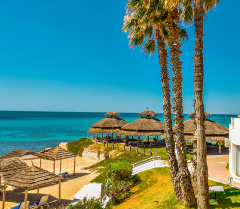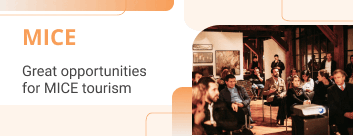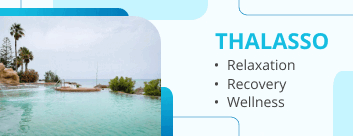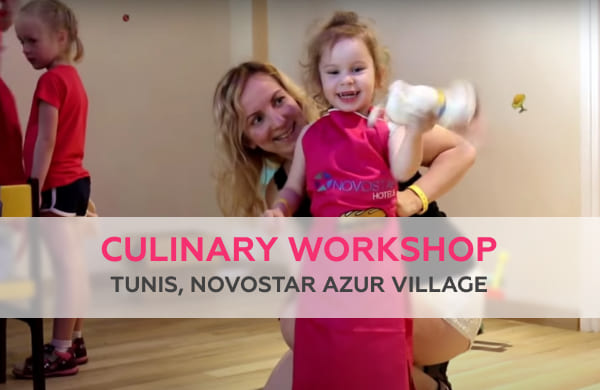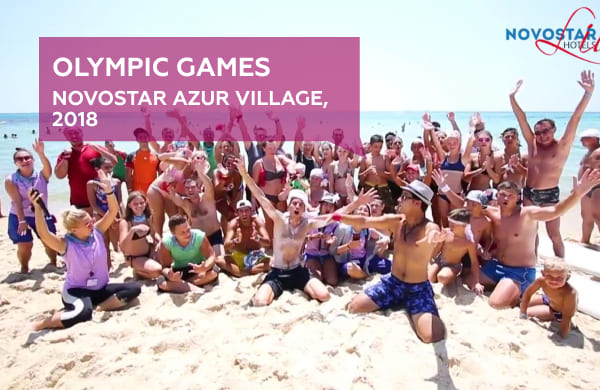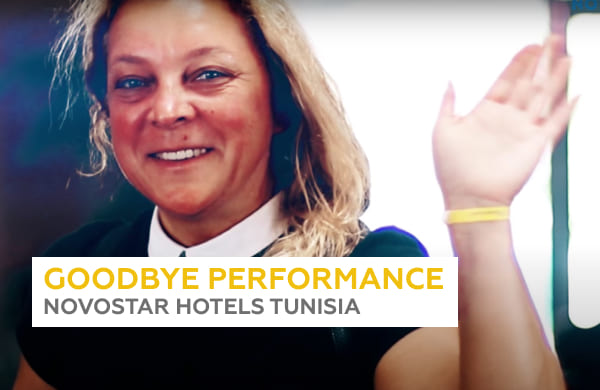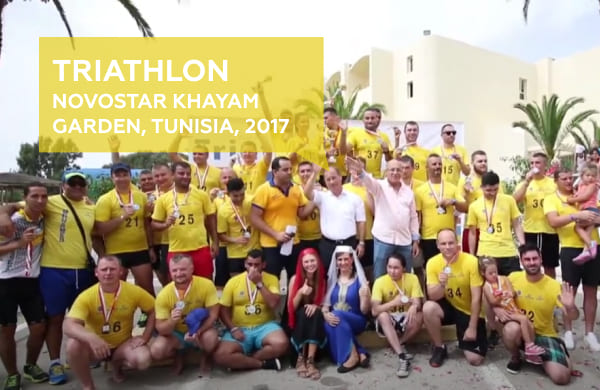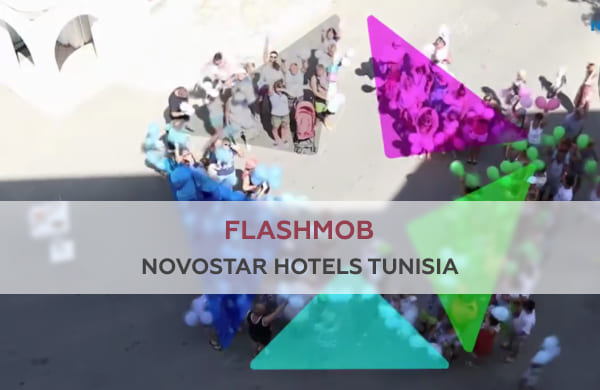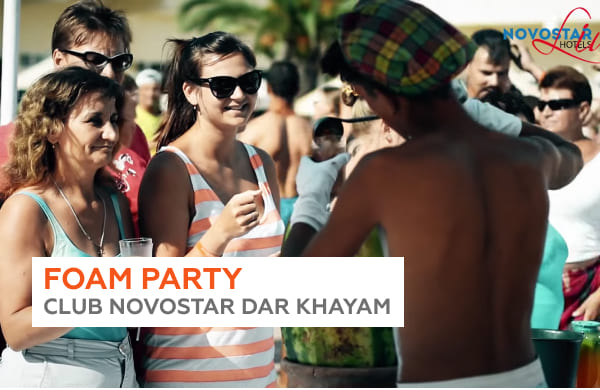Welcome!

th
25.12
| Day | +17°C |
| Night | +10°C |

Sunny
fr
26.12
| Day | +18°C |
| Night | +12°C |

Mostly cloudy
sa
27.12
| Day | +16°C |
| Night | +12°C |

Rainy
su
28.12
| Day | +16°C |
| Night | +11°C |

Mostly cloudy
mo
29.12
| Day | +16°C |
| Night | +11°C |

Rainy
tu
30.12
| Day | +16°C |
| Night | +11°C |

Mostly cloudy
we
31.12
| Day | +16°C |
| Night | +10°C |

Mostly cloudy
 Multilingual Environment
Multilingual Environment We hold master-classes
We hold master-classes and football matches
 We take care of your children
We take care of your children while you’re resting
 We will warm up not only your body
We will warm up not only your body but your soul!


